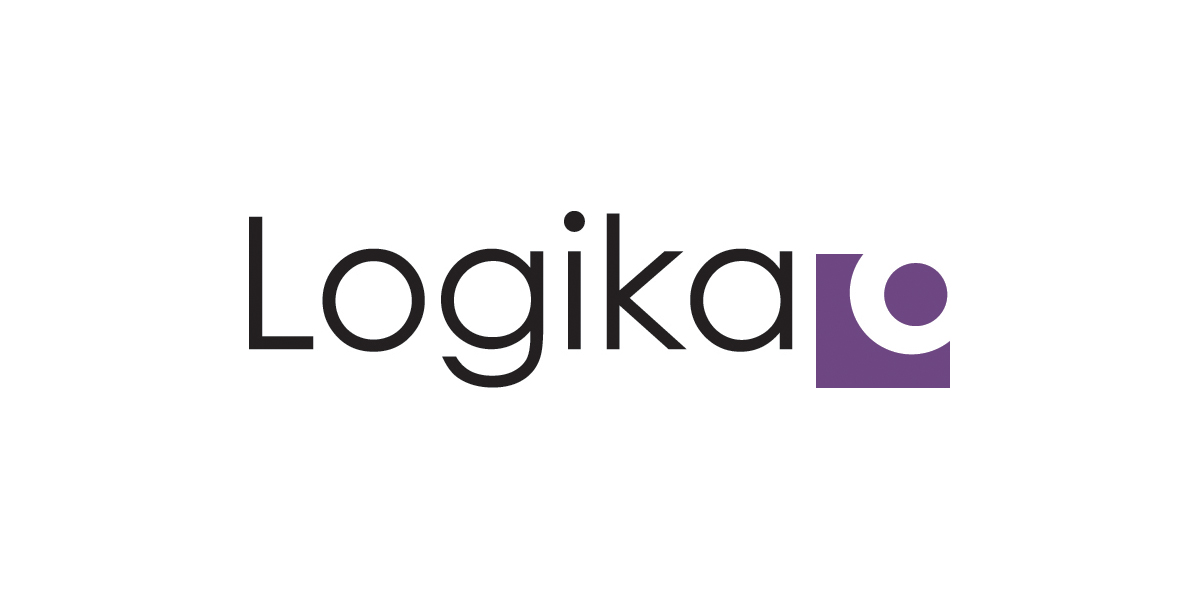How do you define success? Though seemingly a simple question, asking it can mean the difference between wishful thinking and achieving success. Before we can ever find success we need to really understand our goals as well as our obstacles. Because viewing the landscape from a skyscraper is always easier when the sun is shining than when the sky is foggy, recognize early on that defining success lifts the fog.
We all have people in our lives who mostly work from a rearview mirror. Those Monday-morning quarterbacks with 20/20 hindsight. With these types, problems are easily pointed out after the fact, but what’s often overlooked is the idea of clarity at the outset.
The path to success is filled with murky waters, and this murkiness prevents us from achieving our goals in a practical way. Whether we meet or exceed an allotted time frame or budget, whether the solution presented is systems oriented or merely a momentary relief to a persistent pain, whether we develop strategy or act in a reactionary way, we are always aided in our endeavors by a clear directive. In each of these example scenarios I’ve compared and contrasted an ideal method with a less-than-ideal method for the point of demonstration. In reality, nothing is ever so cut and dry.
Generally the fog comes in three flavors, financial, operational, and philosophical. I’ll explore each in detail in future posts, but here is an introduction to get you thinking.

Recent Comments